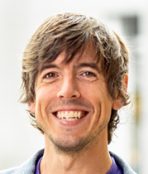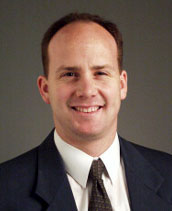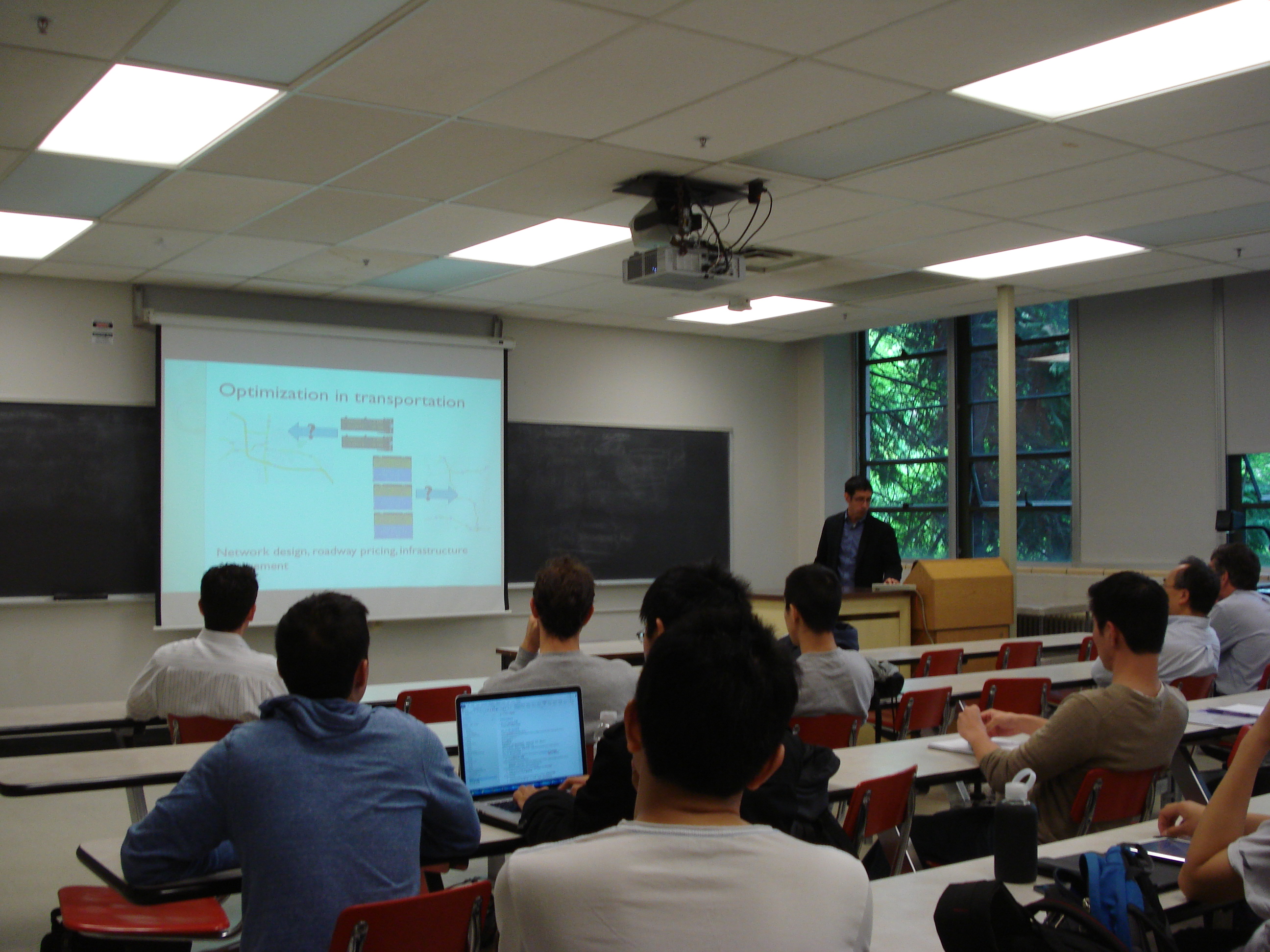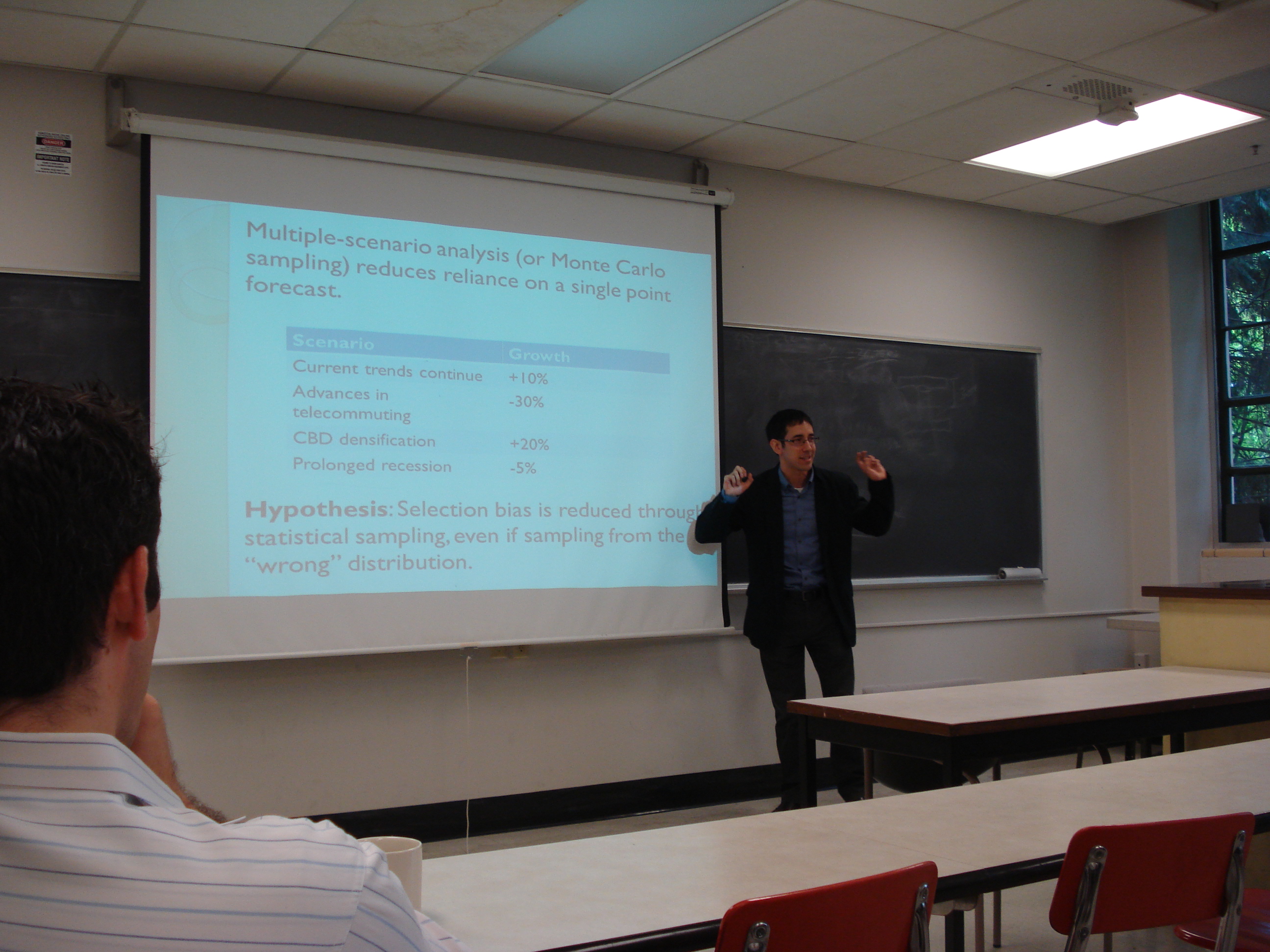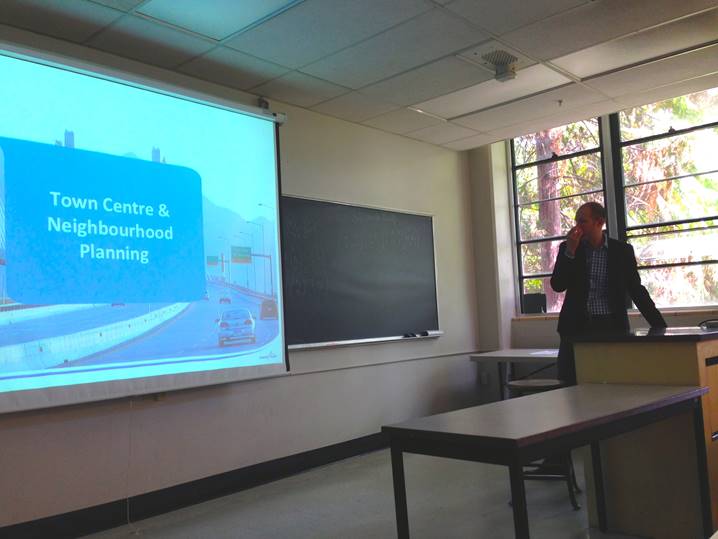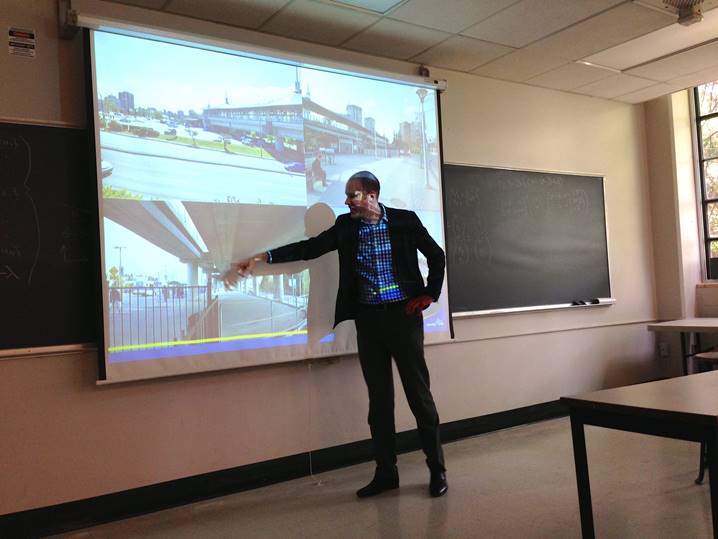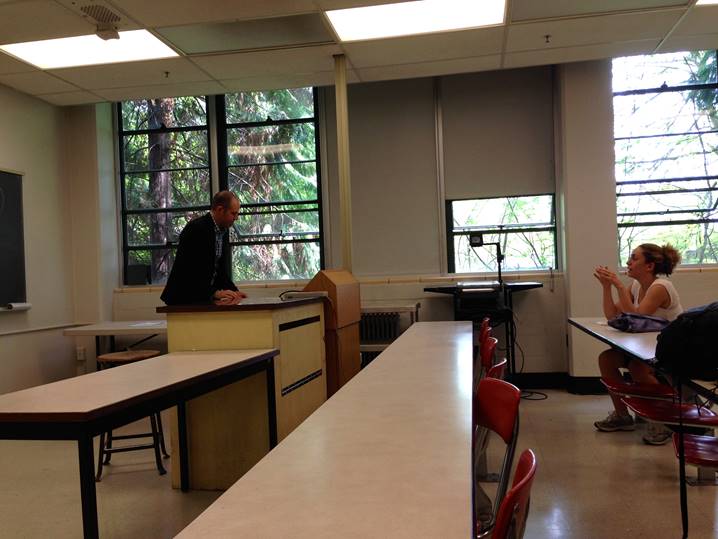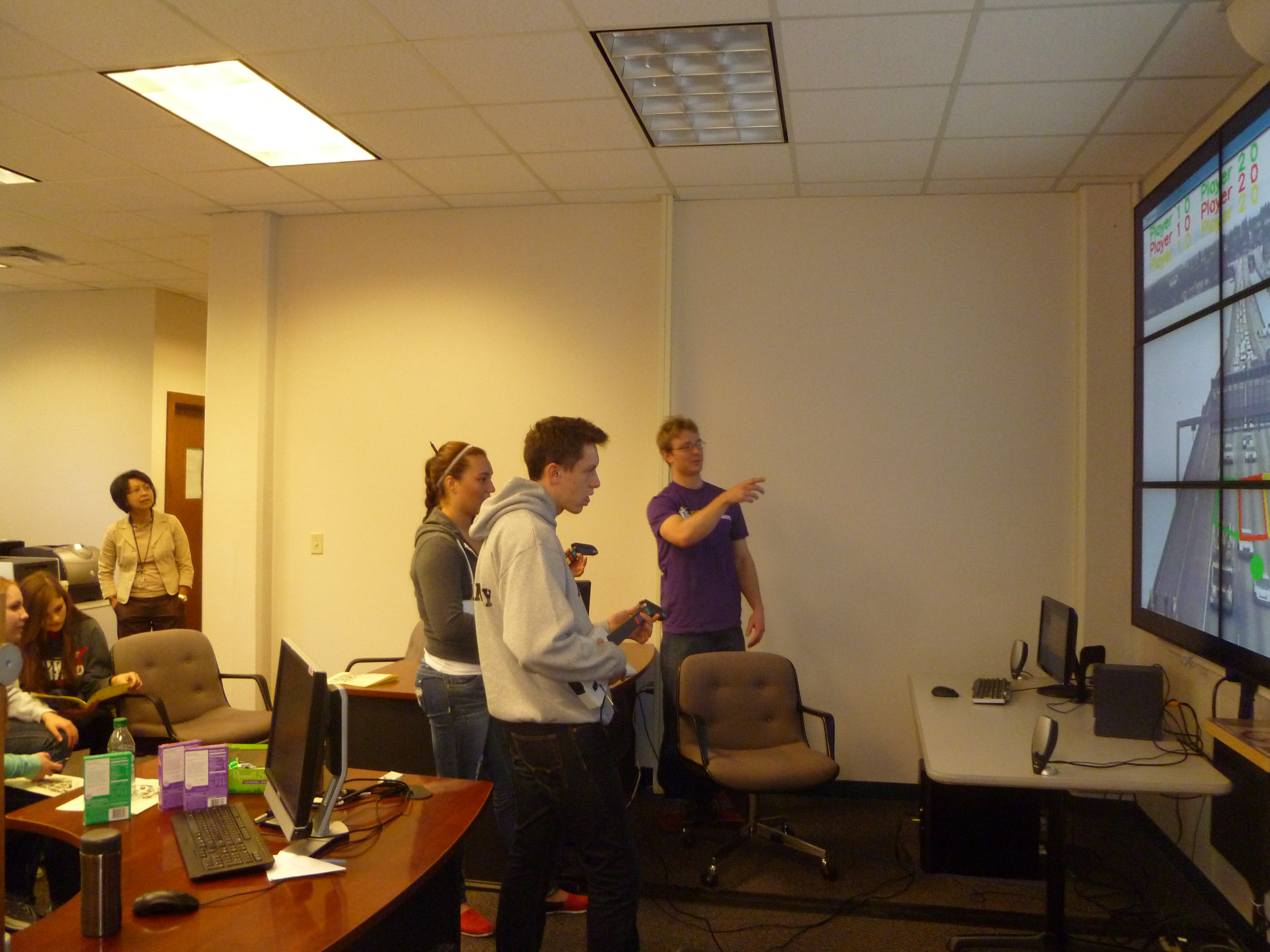PacTrans News
-
May 29, 2014
In Memoriam: Michael Dixon
University of Idaho civil engineering professor Michael Dixon suddenly and unexpectedly passed away of an apparent heart attack May 7, 2014.
“It is with great sadness that we learned of Mike’s passing. He was in the prime of his career, he was a well-respected colleague and researcher and inspiring instructor, and his passing is a great loss to the university community. Our thoughts are with Mike’s family at this difficult time,” said Larry Stauffer, dean of the College of Engineering.
Michael Dixon was a professor in civil engineering at the University of Idaho since 2000 and a licensed professional engineer in Idaho since 2004. He was promoted to full professor earlier this year. Mike earned his Ph.D. degree in civil engineering at Texas A&M University and his master’s and undergraduate degrees from Brigham Young University.
Mike was a vital part of the University of Idaho’s transportation research team working within the National Institute for Advanced Transportation Technology (NIATT). Mike’s research focused on emerging traffic detection techniques and technologies, intelligent transportation systems and transportation systems modeling. He was an active member of the Transportation Research Board’s Committee on Highway Capacity and Quality of Service, and served in several leadership roles on that committee. He collaborated with a number of researchers from around the U.S. and was highly regarded.
He was widely published and was an acting principal investigator on several large research projects. His grant work in progress included: Improving Pedestrian and Bicycle Safety by Identifying Critical Intersections and Street Segments; Modeling Passing Behavior on Two-Lane Rural Highways: Evaluating Crash Risk under Different Geometric Configurations; and Daily Travel Feedback to Encourage Eco-Routing.
Mike taught several key courses on transportation engineering and traffic systems. During his time at the University of Idaho he developed several online training modules and instructional software tools to help students better understand traffic systems design. He was also the current advisor to over 20 undergraduate and graduate civil engineering students.
Mike was both an avid cyclist and winter sports enthusiast and loved taking his family skiing in McCall. He and his children participated in the annual Seattle to Portland Bicycle Classic, one of the biggest recreational bicycle rides in the country. Mike and his family are members of the Church of Jesus Christ of Latter-day Saints. He is survived by his wife, Cecily, and their eight children.
Contributions can be made to the “Michael Dixon Donation” Zions National Bank. The fund is for his children’s education. For more information you may contact Zions National Bank directly or Colin Campbell (brother-in-law) at (509) 715-9700.
Written by Rob Patton
-
May 20, 2014
PacTrans-Sponsored Transportation Seminar with Dr. Stephen Boyles from the University of Texas at Austin
Dr. Stephen Boyles from the University of Texas at Austin gave a talk to transportation students and faculty at a PacTrans-sponsored transportation seminar on May 16 about uncertainty in travel demand forecasts. Around 30 people were in attendance. Typically, forecasts in travel demand appear in hindsight to have been too optimistic, which has often been attributed to planners personal biases in favor of certain projects. Dr. Boyles presented a hypothesis that the consistent optimism may actually be due to random errors in project evaluations combined with a deterministic project selection process. He has demonstrated that this could be the case by both theoretical deduction and computer simulations. Hopefully this could lead to new forecasting methodology that isn’t systematically biased. Also discussed was the need for distributions of predictions as opposed to an over reliance on point estimates. We would like to thank Dr. Boyles for coming and giving this highly informative talk about what is going on at the cutting edge of transportation research.
-
May 12, 2014
Jeff Busby from TransLink Talks to Transportation Graduate Seminar
On May 2, Jeff Busby, Senior Manager, Project Development at TransLink in Vancouver, BC, came and talked to the University of Washington transportation graduate students at the graduate transportation seminar. He gave a very interesting talk about how areas in Metro Vancouver are using transit stations to stimulate better development and the relationship between development and transportation infrastructure. This is important because Metro Vancouver is projected to grow over the next 30 years, meaning that there will be an increase in the number of trips taken. TransLink hopes that the increase in person trips won’t result in an increase in vehicle trips. Achieving this goal involves everything from designing transit station access to choosing which benches to put at stations. The talk was an excellent opportunity for students to learn about issues in the transportation industry, and how those issues are being solved. One interesting thing about TransLink is that it is organized differently than many of its North American counterparts, as they fulfill the roles of both an MPO and a transit system operator, and also fund a lot of road infrastructure. This enables a degree of coordination that would be impractical in many jurisdictions. We would like to thank Jeff for speaking to our students, as it was a great experience for them.
-
April 28, 2014
STAR Lab Participates in UW Engineering Discovery Days
PacTrans joined in the celebration of UW Engineering Discovery Days. Engineers and scientists from across campus displayed their most engaging research and projects during the 2 day event held from April 25-26, 2014. This event was free and open to the public with almost 600 students, parents and faculty in attendance. Some of the highlights included a PacTrans research project with a display of an earthquake table used by structural engineers to test how structures will withstand earthquakes. This sort of testing is crucial to figuring out how well a structure, such as a bridge, would be able to withstand a major natural disaster. STAR Lab as well as other labs conducting research demonstrated their research to people of all ages as well. The STAR Lab demonstrated video-based pedestrian detection systems, controllers used for traffic signals, and let kids play “Traffic Hero,” a game similar to Guitar Hero, in which players try to detect cars along with the detection system and score points if they can correctly do so.
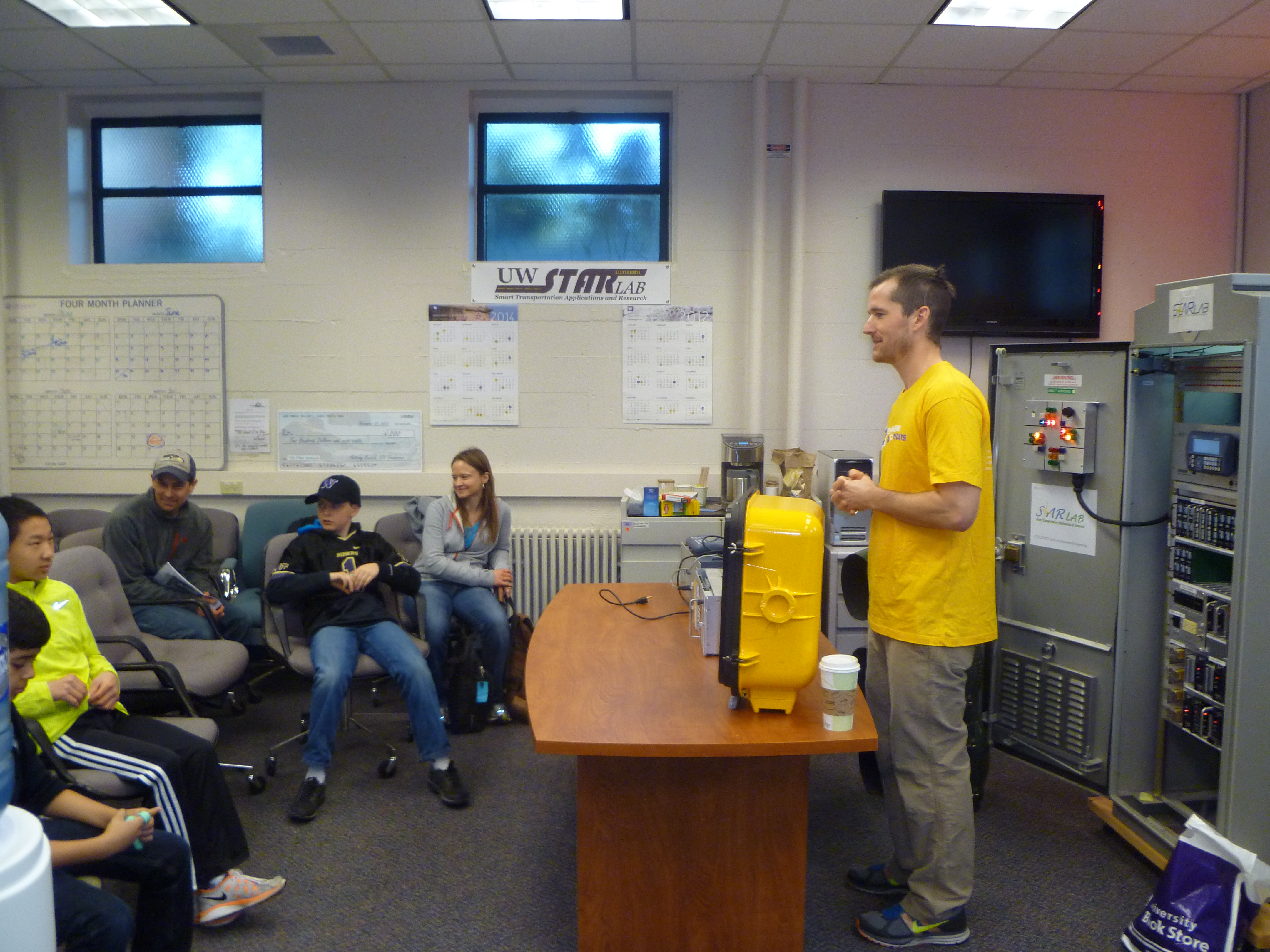 Students learn about traffic signal controllersStudents play Traffic Hero
Students learn about traffic signal controllersStudents play Traffic Hero -
April 15, 2014
Pactrans Seminar Series: Making transportation analysis count – Bridging the gap between politics & planning
Please join us in welcoming Dr. Joe Schofer from the Northwestern University. He will be giving a talk on Friday, May 30th in the HUB (room 334) on the UW Seattle Campus from 3:30 p.m. to 4:30 a.m. There will be a reception immediately following the talk. The talk is free and everyone is welcome.
For more information on Dr. Schofer’s talk, click here.
